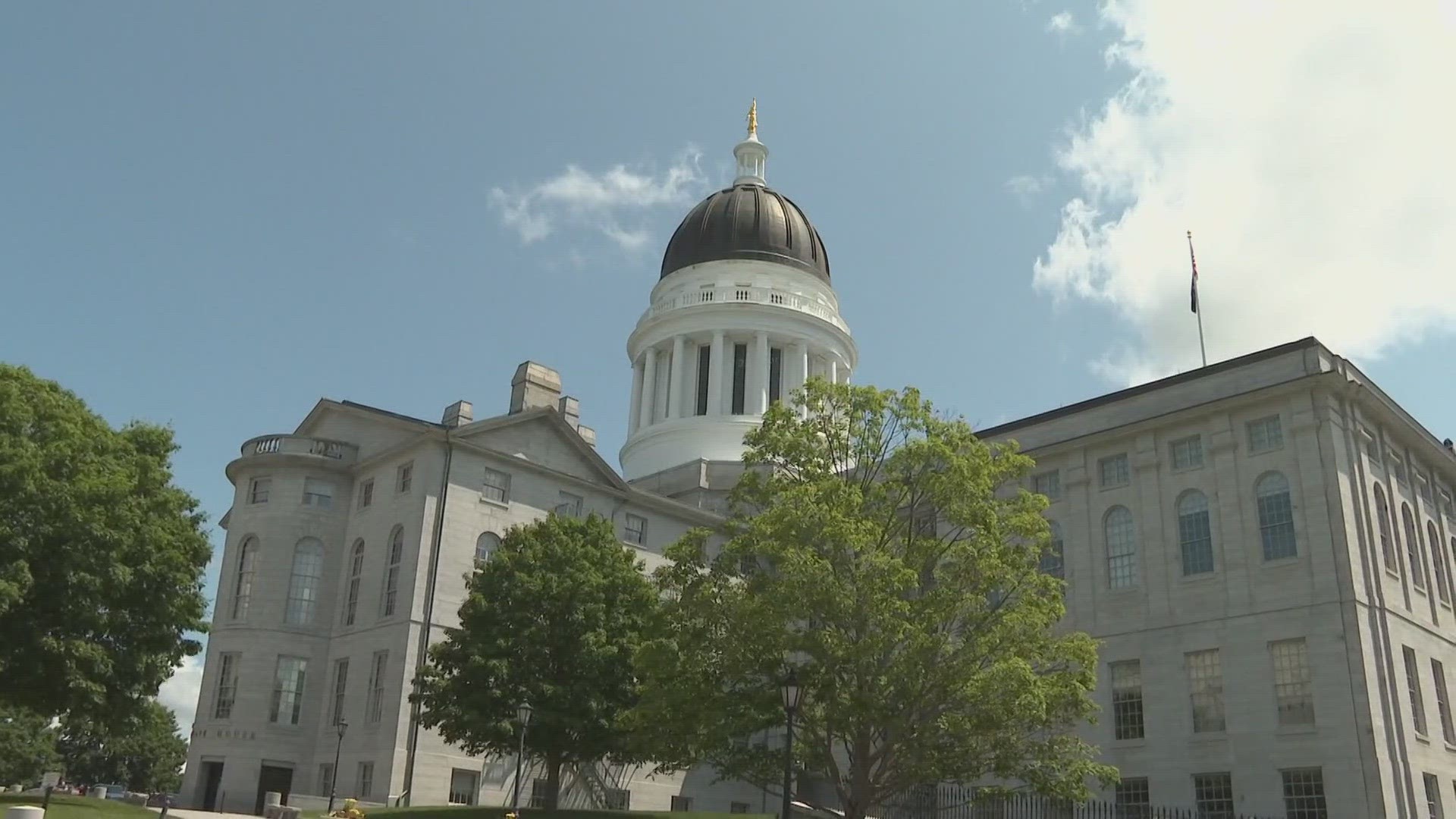AUGUSTA, Maine — Democratic Gov. Janet Mills delivered a setback to Native American tribes in Maine seeking greater sovereignty on Friday, vetoing a proposal aimed at ensuring most federal laws apply to them despite a state land claims settlement that dates back to the 1980s.
The governor said she does not want the tribes in Maine to be unfairly excluded from federal benefits enjoyed by other tribes across the country. But she argued that the bill sponsored by Democratic House Speaker Rachel Talbot Ross is vague and confusing — and will lead to protracted litigation.
The veto may not be the final word. Both the Maine House and Senate approved the bill with bipartisan majorities big enough to override the governor’s veto.
“I believe the interest we share to do right by the Wabanaki Nations and Maine people must be accomplished through legislation that is clear, thoroughly vetted, and well understood by all parties,” she said. The Wabanaki tribes are the Passamaquoddy, Penobscot, Mi’kmaq and Maliseet in Maine.
The tribes accused the governor of oppression.
“We’re disappointed that the governor continues to block self-determination policies that would better the lives of tribal citizens and rural Mainers,” said Penobscot Nation Chief Kirk Francis. “Her constant insistence that she maintain control over the tribes is an outlier across the country.”
The administration contends the bill could “modify” Maine laws governing public health, safety and welfare on tribal lands — not just tribal reservations but other tracts of tribal land scattered across Maine. The administration also contends the number of federal laws that don’t apply to the tribes in Maine is small — only four or five — but that the tribes have not been interested in engaging with negotiations on a case-by-case basis with state officials.
There have been lengthy lawsuits even when the law, in the attorney general’s view, is clearly spelled out under the settlement. That includes two lawsuits brought by the tribes that each dragged on for years with regards to the Clean Water Act and regulation of the Penobscots’ namesake river, the administration says.
“We have to acknowledge that the tribes and the state have been on opposing sides in court over much clearer legal language — let alone the repeal of a host of unspecified laws — and some of those lawsuits took the better part of a decade for multiple courts to decide," the governor said in a statement.
Mills further explained her reasoning with reporters Friday afternoon. At the same time, tribal leaders held a press conference of their own and explained why her veto wasn't surprising.
“{Mills has] every interest in putting us under state law which is just unacceptable to the tribes and it's not necessary," Francis said. "No Legislature in the United States has the decision-making authority over Indian Tribes than the state of Maine does."
Despite the current setback, Penobscot Nation Ambassador Maulian Bryant said she and other leaders are encouraged by the votes the bill received in both the House and Senate last week.
"I hope the members will continue to work with us in good faith as we face this veto together," she added.
Francis added he is confident that "our friends will remain our friends" as it relates to the lawmakers who voted in support of the legislation. Legislators are expected to vote on the veto override sometime next week.
Meanwhile, Mills said Friday that she is urging every Maine legislator to read her veto letter before the final round of votes on this issue are called.
For the tribes, it has been a long, frustrating journey since they traded some rights to the state under an $81.5 million settlement that was signed by President Jimmy Carter in 1980. That put Native Americans in Maine on a different path than the other 570 federally recognizes tribes across the country.
The settlement for the Passamaquoddy, Penobscot and Maliseet, along with a 1991 agreement for the Mi’kmaq, stipulates they're bound by state law, and treated like municipalities in many cases.
That means tribes in Maine get some state benefits like education dollars. But they're treated differently than other tribes that deal directly with the federal government. That has led to disagreements over issues like water rights and environmental issues.
The proposal specifically carved out federal laws including the Clean Water Act, Indian Mineral Development Act, Water Quality Act and Indian Gaming Regulatory Act to ensure broad support of the legislation. But the governor contends the bill's language conflicts with that stated goal of exempting those laws.
Republican Rep. John Andrews said the bill is a “basic liberty issue" and urged Republicans to overturn the veto. Maulian Bryant, president of the Wabanaki Alliance and Penobscot Nation ambassador, noted an outpouring of support and said “Mainers understand fairness and equity.”
In March, tribal leaders in Maine used their first address to the Maine Legislature in two decades to call for greater autonomy after a sovereignty proposal stalled last year.
A broader tribal sovereignty proposal to change the land claims settlement so the tribes can be treated the same as their counterparts was shelved and will be taken up in the new year.

